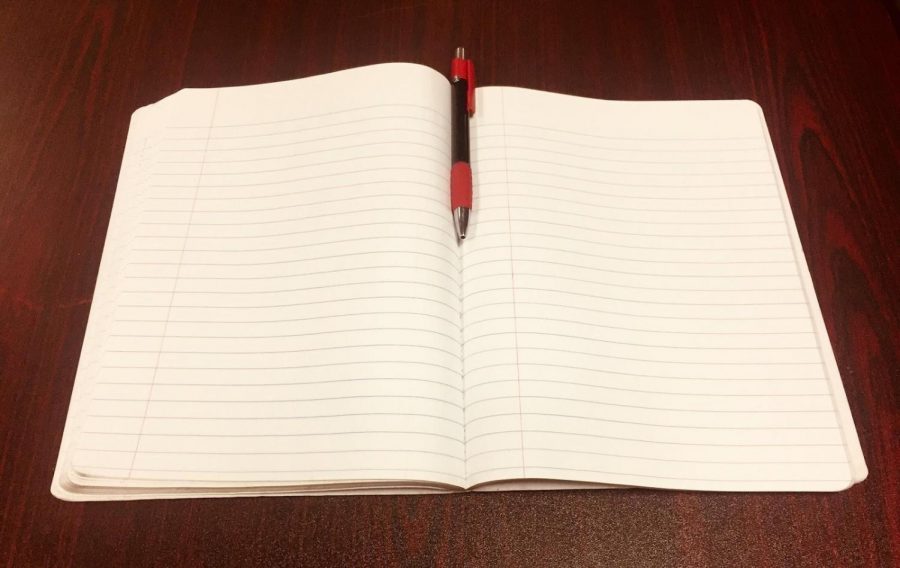Study Your Way Through 2017 With These 7 Tips
October 31, 2017
If you’re having trouble with tests, quizzes or just everyday high school, here are some different skills and techniques to aid you on your adventure through the school year.
- 1. Taking Notes
This is one of the simplest and most important skills to develop in High School, and can be the foundation of your studies. Whether it’s Cornell, Outlined, or Mind Mapping, you’ll need to find a note taking type that you can understand and that will help you retain the information. Make sure to use them, because there is no point in taking notes if you don’t learn from them. In case you do not know how, follow these guidelines:
Cornell-Two column notes, left side is the topic, right side is the details
Outlined- All of the topics in some order, then fill in the gaps with details
Mind Mapping- A base topic with various branches leading to sub-topics
- 2. Study Guide
Most teachers will hand these out before tests, and they can reinforce areas that you may be lacking. Take advantage of these guides or reviews and use them to get that better grade on tests.
- 3. Study Sessions
Some times taking notes in class isn’t enough, so find a partner, friend, or fellow student that can help you review. This can be quizzing each other, working out practice problems, and comparing notes. This does not mean you should copy each other’s answers.
- 4. Highlighting
Building off of notetaking, buying yourself a good set of colored markers can make a drastic difference in memorizing facts, terms, and can help you find details you really need in your notes.
- 5. Flashcards/Quizlet Deck
Throughout your four years you will have to remember a variety of terms, names, dates, and vocab. Making a deck on quizlet or making some flashcards will get those random terms enveloped in your vocabulary.
- 6. Verbal Practice
A great way to improve upon your notes, paper, or flashcards is to say them aloud. Make a song or rhyme for that vocabulary. Read in front of a small audience to encourage a strong presentation and fluency.
- 7. Keep An Agenda
You can’t study if you forget what you are supposed to be studying. So, by keeping an agenda, writing down your assignments after every class in the same place every day, it’s easy to know what you need to do when you get home.


